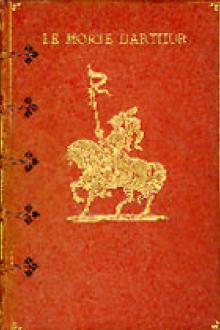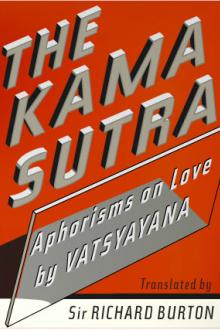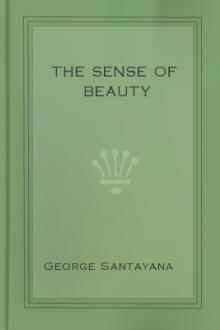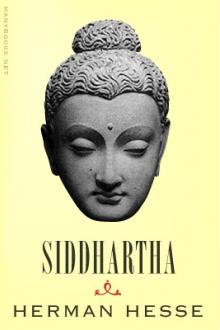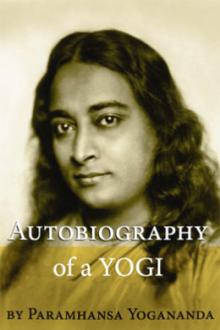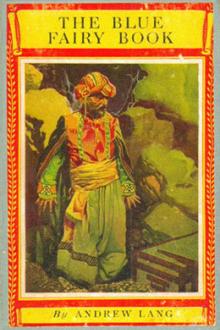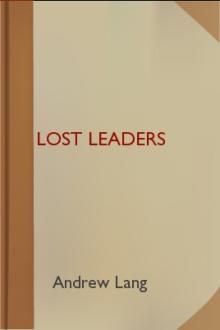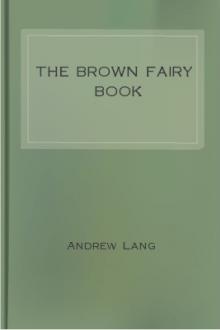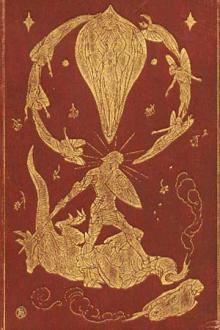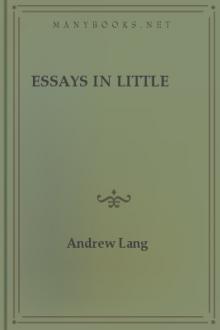Custom and Myth
Custom and Myth
Book Excerpt
kely to be demanded; while a feast-day, or a mystery, set the Greeks dancing serpent-dances or bear-dances like Red Indians, or swimming with sacred pigs, or leaping about in imitation of wolves, or holding a dog-feast, and offering dog's flesh to the gods. {12} Thus the student of folklore soon finds that he must enlarge his field, and examine, not only popular European story and practice, but savage ways and ideas, and the myths and usages of the educated classes in civilised races. In this extended sense the term 'folklore' will frequently be used in the following essays. The idea of the writer is that mythology cannot fruitfully be studied apart from folklore, while some knowledge of anthropology is required in both sciences.
The science of Folklore, if we may call it a science, finds everywhere, close to the surface of civilised life, the remains of ideas as old as the stone elf-shots, older than the celt of bronze. In proverbs and riddles, and nursery tales and superstitions, we detect the relics
Editor's choice
(view all)Popular books in Myth, Religion, Philosophy
Readers reviews
0.0
LoginSign up
Be the first to review this book
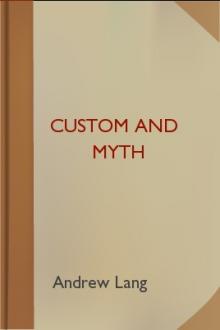
 Free Download
Free Download












